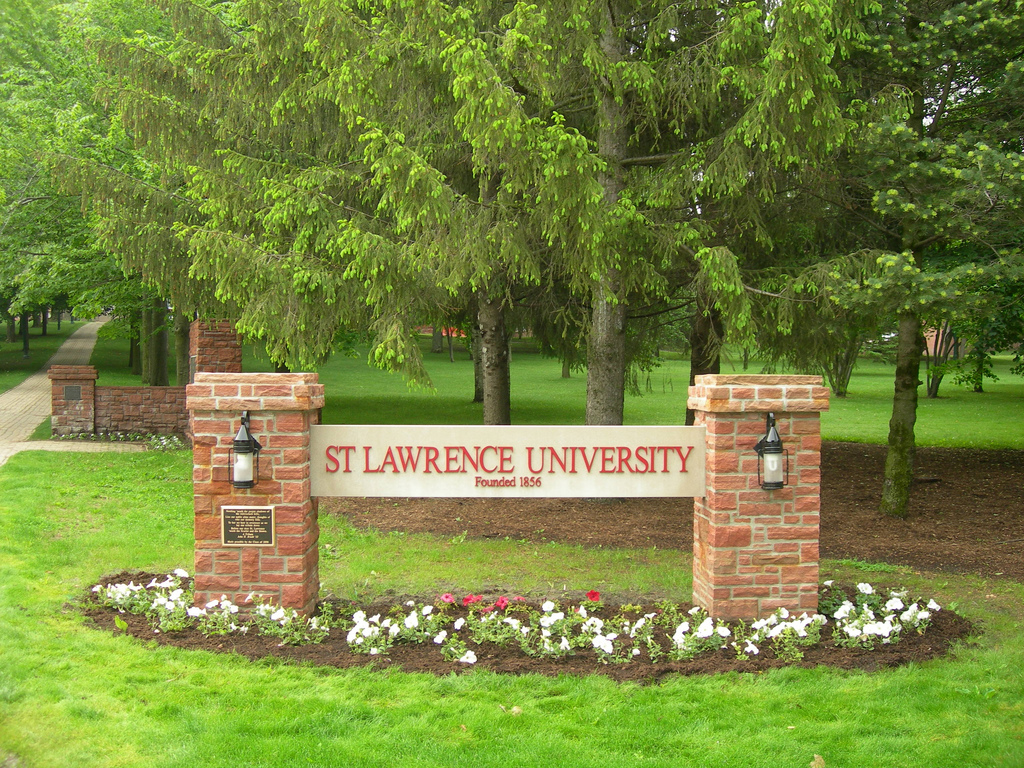By Guest Writers: Bernardo Moreno ’18 and Vina Smith-Ramakrishnan ’18
Everybody Take a Breath.
Now that the ACE investigation has been completed and people have had the opportunity to reflect on the racial climate on campus due to various recent Hill News opinion pieces, we would like to contribute our opinion so that we can have a candid and productive conversation.
We believe that the whole issue concerning identity politics on campus is perverse because the emphasis is completely on the perception of the identity of others and total ignorance of one’s own identity. This leads to the making of the social categories as completely separate. We are so quick to put people in prefabricated boxes with universal labels.
This self-imposed polarization has damaged our capacity in engaging in potentially productive discourse that can lead to virtuous reality. People are forced to take antagonistic sides which basically deny them of the possibility of forging a common ground.
The recent discussion on our campus surrounding the issue of privilege and oppression is a case in point. We boxed people based on selected identities in either privileged or oppressed categories, ignoring the fact that these phenomena are not mutually exclusive and that just about everyone is both privileged and oppressed depending on the context. The recent emotionally charged opinion pieces in the Hill News are a result of the fight between custodians of oppression and privilege. This creates a toxic atmosphere.
Imagine if someone were to put you in the privileged or oppressed box by defining you based on one of your many identities. You would be in a difficult position to express yourself freely because you are either a victim of oppression or a beneficiary of privilege. That would be awfully frustrating because the discourse, instead of leading to a new ground, becomes redundant and results in a vicious cycle.
We are not saying differences in identity are invalid: the entire notion of “colorblindness” is ridiculous. However, we are saying that the differences in identities and color are expressions that need to be put into historical context. Therefore they are not fixed, but dynamic.
The system we live in has created two identities: white and black. Both white and black identities do not exist independent of each other; they exist relationally. This means that running away from blackness and getting closer to whiteness is that which gives meaning to both of them.
The apparent synonymy of privilege with whiteness, as well as the linking of blackness to oppression, is dangerous. Simply take a look around the region where our campus is located— privilege is the last word that comes to our minds when we drive through the poverty-stricken (and predominantly white) North Country towns. In view of that, almost every one of us, regardless of our apparent identity forms, share a common characteristic of wanting to not be in the box of oppression and wanting to be closer to that box of privilege.
However, depending on the conditions and context, such as at SLU, the two boxes are perpetuated by people who acknowledge their “God-given” position in either of the two boxes based solely on an ascribed identity, rather than these boxes actually existing. We make these rigid boxes real by acting as if they are in every situation.
Belonging to either of the boxes is actually a privileged position because those who are in the position of privilege get to sympathize or feel guilty in the face of those who are in the box of oppression, without ever really relinquishing their privilege, instead just “checking” it in attempt to be politically correct. Those in the box of oppression are asserting their privilege by taking the moral high ground of victimhood and pointing the finger at the victimizer.
One feels pity and superiority because the other is oppressed, and the other is saying “shut the fuck up” because they are oppressed. They are keepers of their boxes. Being the keeper of the boxes is a privileged position.
Through satire, Daniel Banta successfully highlighted the existing flaws of liberal America. Who are we to say someone’s reality is more painful than or superior to another person’s reality? Both privilege and oppression are nuanced phenomena. By ranking people’s realities, we only perpetuate the system that we should all be fighting. Banta’s only fault is exposing the farce of identity politics, which is basically a fight between different elites within the system. It is often an inter-elite fight. Those who are genuinely being disenfranchised by the system rarely even have a voice in this fight.
Allowing perception of identity to dominate one’s view of people is unfair. It is unfair on both sides. Through genuine compassion and understanding we may be able to bridge the gap between the apparent two spheres. One must be aware of their own position in the world and approach discourse with the assumption that whoever you may be talking to has a valid reason for holding their opinions, even if their identity form is different than yours. In most cases, you probably have more in common with your apparent opposition than you initially believed.
As close friends and graduating seniors, we hope to leave SLU in a better place than we found it. We hope for productive dialogue to become the norm on campus and for people to start breaking down these barriers and choose compassion first. We truly believe empathy is the key here to building a world in which we all want to live in.
Any questions or comments please feel free to reach out to us at:



